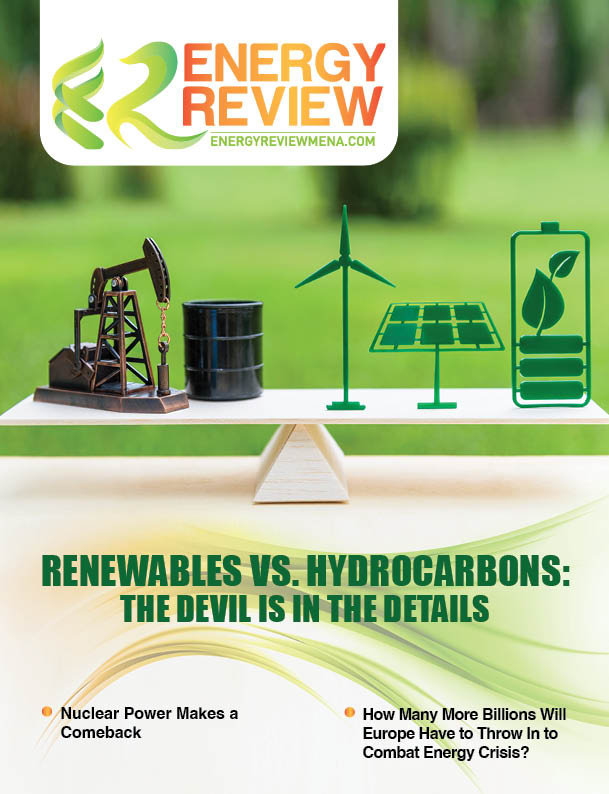“The federal government cannot do anything to stop us!” said billionaire Michael Bloomberg, one of the organizers of the rally, without mentioning the name of President Donald Trump.
“We will not go backwards,” he said, in front of thousands of galvanized delegates at a reception at the San Francisco Museum of Modern Art, funded by his philanthropic organization, ubiquitous at the Summit.
If the United States are the only ones to have announced their exit from the Agreement to date, other member countries have adopted only insufficient commitments to limit the rise in global temperature to a non-dangerous level.
A few dozen cities and regions have announced to move to 100% of vehicles without greenhouse gas emissions by 2030 or 2050.
Tokyo, Seoul, Rotterdam have thus joined Paris, London, Barcelona, Mexico and other cities to commit to 100% of electric buses in 2025, and to reduce to “zero” the emissions on the majority of their territories by 2030.
Others are committed to producing fossil fuel-free and carbon-neutral electricity, like California, by 2045. This is not necessarily a 100% renewable energy, as it can include nuclear and gas natural, but it can be adopted provided that carbon emissions are captured.
Hundreds of major cities of the C40 club, chaired by the mayor of Paris Anne Hidalgo, have committed to be completely carbon neutral by 2050: this includes not only electricity, but also transport and the rest of the economy.
For Helen Clarkson, director of the NGO The Climate Group, cities' commitments to have 100% electric vehicles in a few decades “open a new frontier for the global automotive industry”.
“It's also a wake-up call for automakers and the small number of governments seeking to disrupt the progress,” she continues. “They have a clear choice: to support the dynamic and commit to a zero-emission future, or to miss a huge market opportunity.”
Multinationals also participate in this movement. Many have signed contracts to use only “clean” electricity or have publicly announced that they will achieve this in a few years or decades, sometimes across their entire supply chain.
“Although the spotlight is on Washington, the action is actually taking place outside the federal capital, in the red states and in the blue states,” said Michael Bloomberg at a press conference, referring to the Republicans (red) and Democrats (blue).
In fact, the climate remains a very partisan subject in the United States. The billionaire has also announced that he would get involved in the ongoing legislative campaign in the country, to tip the House of Representatives on the Democratic side in the elections next November.









